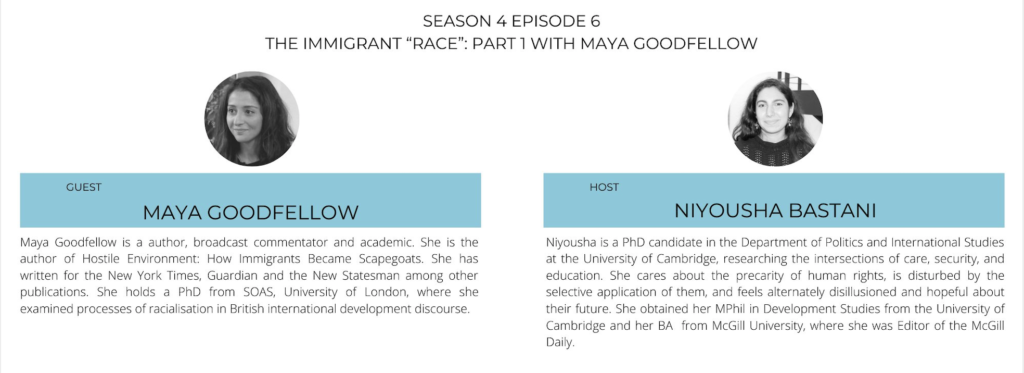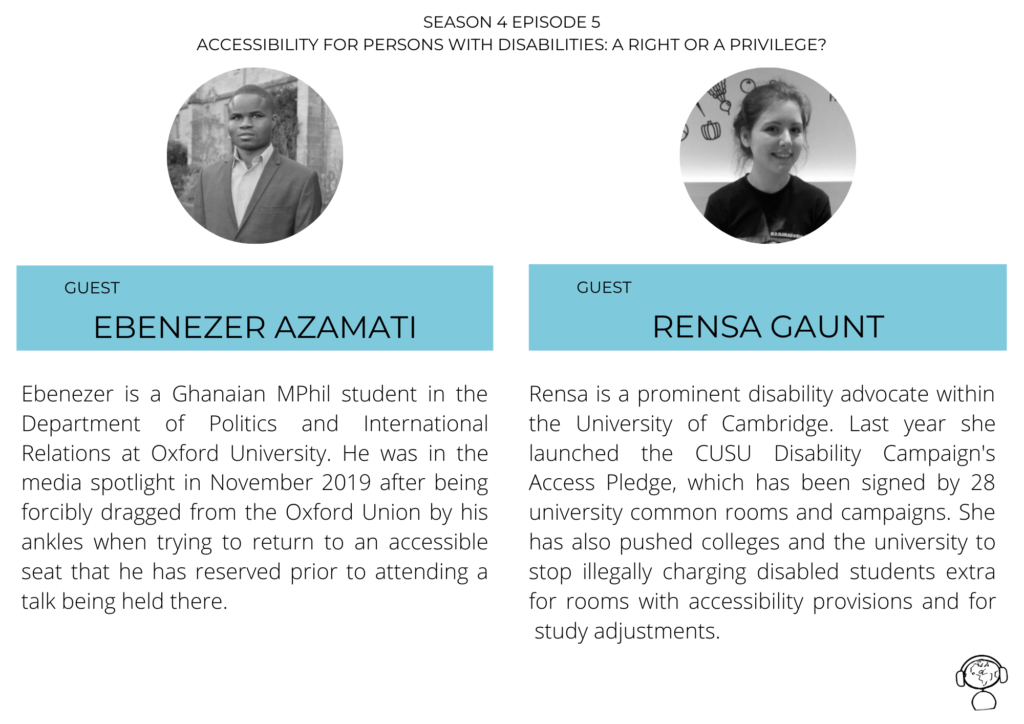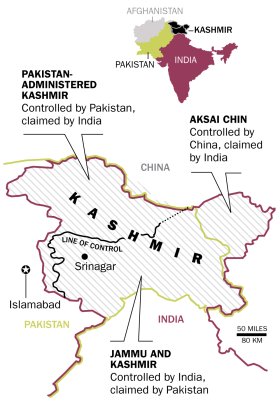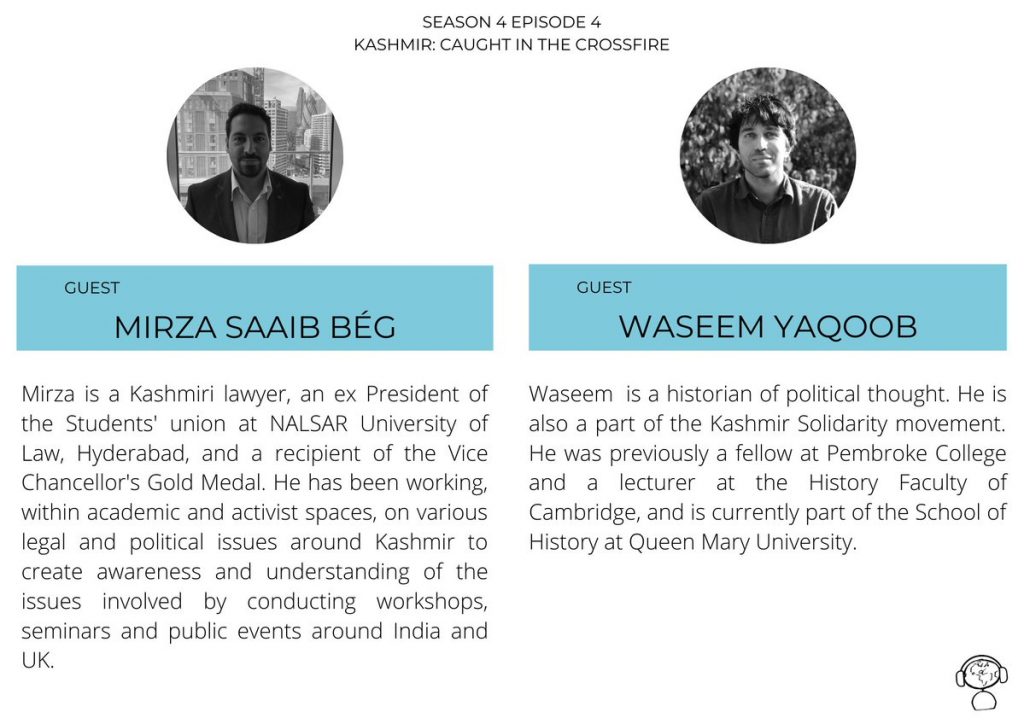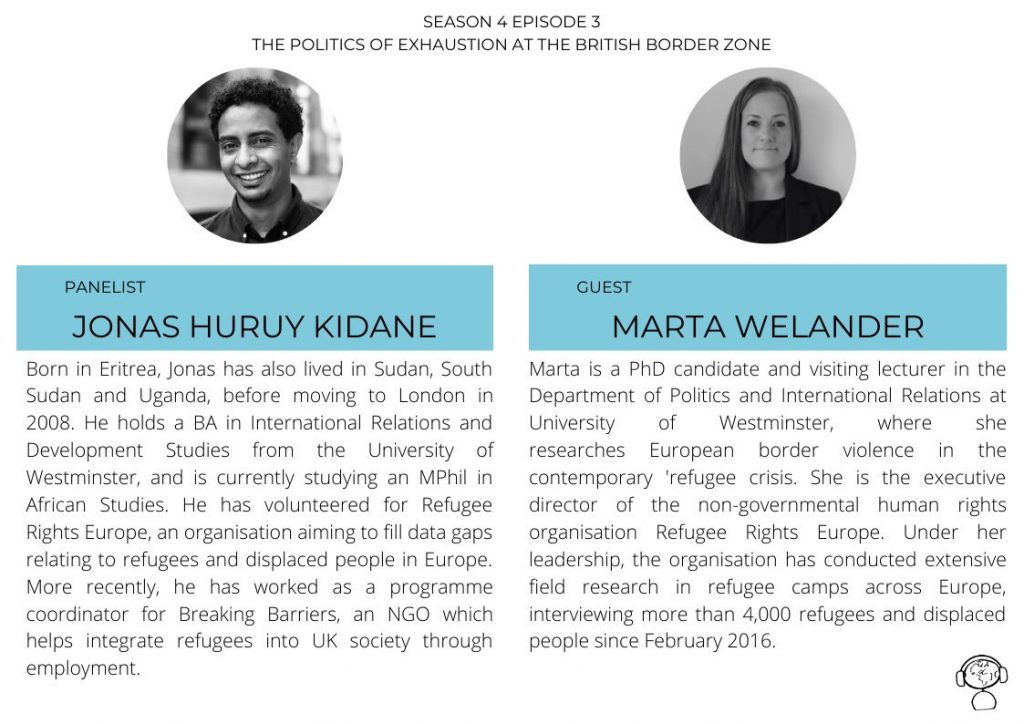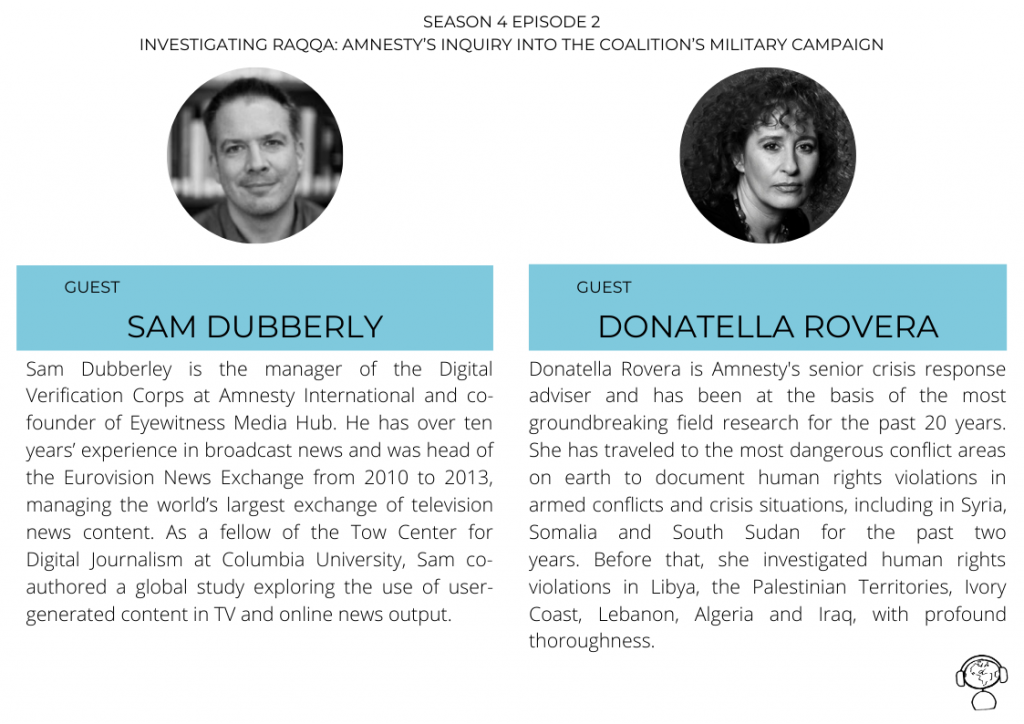Season 4 Episode 9 – Forced Labour in China’s Prisons: A Conversation with Peter Humphrey
In December, a six year old British girl buys cheap Christmas cards from Tesco for her friends. Suddenly, she turns to her dad and says: “Daddy, someone has already written in this one”. What he finds is a cry for help from a Chinese prisoner forced to manufacture the cards. In this episode we talk to Peter Humphrey, who was himself wrongly incarnated in the Shanghai prison where the Christmas card was manufactured. This episode touches on the conditions of forced labour in Chinese prisons, corporate social responsibility and the steps consumers can take to stop such grave human rights violations from happening.
While China has been using forced labour in prisons since the 1960s, the horrific human rights abuses associated with it only became known in the 1990s. Since then, forced manufacturing has become ever more important for the Chinese economy, which is under pressure from other Asian countries producing cheap goods. Officially, the prisons aim to combine education and labour to transform criminals into law-abiding citizens. However, when asked about the effectiveness of this strategy, Peter told us:
“When it comes to the issue of reform and punishment there is not much reform, it is pretty much all punishment”
– Peter Humphrey
The attempt to reform is an attempt to cover up a system that exploits and profits from the prisoners. No one comes out a new, reformed man. In fact, Peter explains that neither the prisoners nor the wardens take the reform aspect serious – prisoners only pretend to be going trough the motions to not cause any trouble. If you want to reform a man you need to treat him with dignity and respect – as Peter explains – and forced labour is not the way to do that.
Peter Humphrey was living and working in China when his involvement with an American client led to collisions with the police. Based on false allegations, he spent two years in Qinpu prison. The episode gives insight into the chilling strategies used in the prisons to “grind you down, crush you and break your will”. Starting from day one, untried citizens are exposed to unliveable conditions, pushed into writing confessions for crimes they haven’t committed. Peter shares with us that upon his release, he was immediately diagnosed with cancer, a consequence of having been denied treatment in the prison cell though the wardens were aware of his worsening condition. Upon arrest, Peter requested to be given a copy of the UN treaty on imprisonment and torture. When he finally received the document after his trial, he found that it contained a checklist of conditions that had to be met for prisons to live up to the treaty. Peter estimates that Qinpu prison would fail on roughly 70% of the points mentioned. For instance, the document says that prison cells need to be furnished, yet Peter and 11 other inmates shared a completely empty prison cell, where they were sleeping and eating off the floor.
Apart from these outright-violent measures to coerce prisoners into abiding the prison’s rules, they also use a merit system to convince people to contribute to manufacturing work. When Peter was in prison, manufacturing labour was optional, yet prisoners participating in it were given merit points that could reduce their sentence. In the past four and a half years, the conditions have become even harsher. The system has moved from voluntary to mandatory labour, and various forms of punishment were applied to those not abiding to the system.
The discussion leads to the topic of corporate social responsibility, and the role that companies and consumers can play in preventing these atrocities from happening. Peter, who was himself involved in supply-chain work, argues that it is almost impossible for MNCs to drill down through the supply chain to “the bottom of the pond” and be certain that no prison labour is involved. Firstly, Chinese authorities prohibit investigations by foreign companies. Also, if low-margin work is sub-contracted to Chinese firms, it is likely that these will further sub-contract the work, thus you can’t find out the working conditions simply by auditing the supplier. Lastly, Chinese prisons are often registered as an enterprise and thus well-hidden from investigation. Thus, the only possible solution is for consumers not to buy low-margin, cheap products that are manufactured in China.
Link for further information:
- The original article by Peter Humphrey – https://www.ft.com/content/db8b9e36-1119-11e8-940e-08320fc2a277

